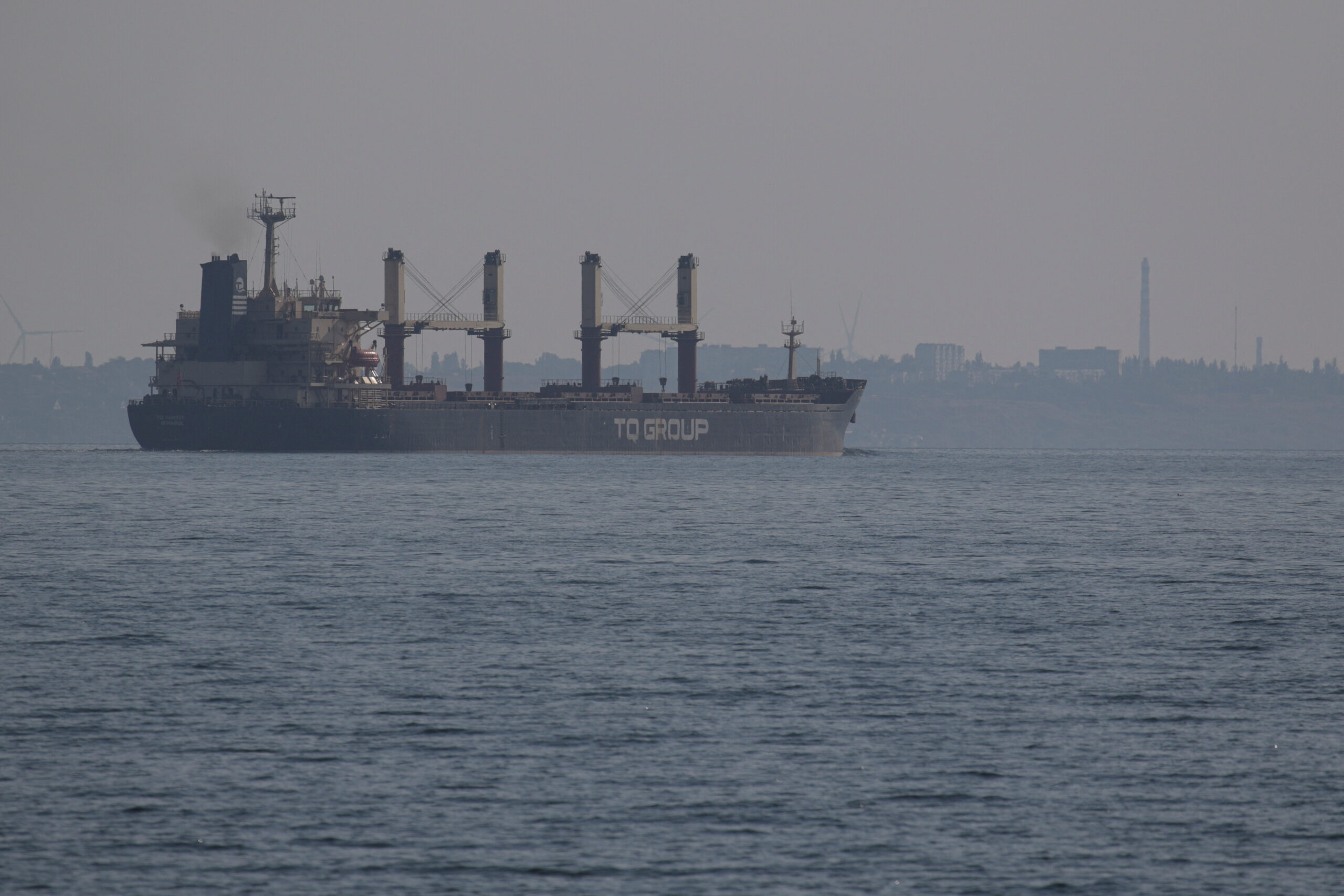
The world is bracing for a potential food crisis as Russia’s decision to withdraw from a vital grain export deal with Ukraine sends shockwaves through global commodities markets. The collapse of the pact, which facilitated the safe passage of grain shipments from Ukrainian ports, has raised concerns about rising food prices and the increased risk of hunger for millions of people worldwide. The implications of this development extend far beyond the region, impacting global wheat and corn prices and disrupting the stability of food supplies across various countries.
The Importance of the Black Sea Grain Initiative
The Black Sea Grain Initiative, initially brokered by Turkey and the United Nations a year ago, played a crucial role in ensuring the smooth export of nearly 33 million metric tons of food through Ukrainian ports. However, Russia, citing hindrances in its own export capabilities, repeatedly threatened to withdraw from the agreement. Over the weekend, Russian President Vladimir Putin confirmed that the pact would not be renewed, stating that its primary objective of supplying grain to countries in need had not been achieved.
Market Repercussions and Threats to Food Security
The repercussions of Russia’s withdrawal from the grain export deal are significant, with wheat and corn futures experiencing immediate price jumps on global commodities markets. Traders fear a looming supply crunch for these staple foods, further exacerbating concerns about food insecurity. Ukraine, a major global exporter of wheat, barley, maize, and rapeseed oil, as well as the largest exporter of sunflower oil, plays a vital role in ensuring stable food supplies to numerous countries.

The Far-Reaching Impact
Before the conflict, Ukraine accounted for 10% of global wheat exports and held significant positions in other agricultural markets. The collapse of the deal threatens to disrupt supply chains, potentially leading to acute food insecurity and price hikes that disproportionately affect vulnerable populations. Last year, a combination of factors, including the Ukraine war and the COVID-19 pandemic, contributed to acute food insecurity in 27 countries, affecting nearly 84 million people.
The Need for Long-Term Solutions
The International Rescue Committee (IRC) and other organizations have stressed the importance of extending the grain export deal to provide stability and predictability in food markets. The availability of fertilizers, crucial for farming globally, also relies on related agreements within the broader deal, as Russia is the largest global supplier of these resources. Failure to maintain these agreements would not only impact affordability but also the availability of essential resources for farmers worldwide.
Global Food Price Trends
While richer nations may be less exposed to the immediate fallout, countries in the Middle East and Africa face significant challenges. A potential rise in agricultural commodity prices could reverse the declining trend observed in the global food price index. The complex journey from wheat to bread, including transportation, processing, packaging, and labor costs, buffers the impact on retail food prices. Additionally, energy prices play a significant role in driving food price inflation.
The withdrawal of Russia from the Black Sea Grain Initiative poses a significant threat to global food security. As wheat and corn prices surge on commodities markets, concerns about rising food prices and increased hunger for millions of people are mounting. The international community must work together to find long-term solutions, including extending the grain export deal and ensuring access to essential resources such as fertilizers. Safeguarding food supplies and stabilizing prices are critical to prevent a potential food crisis that could disproportionately affect vulnerable populations around the world.




